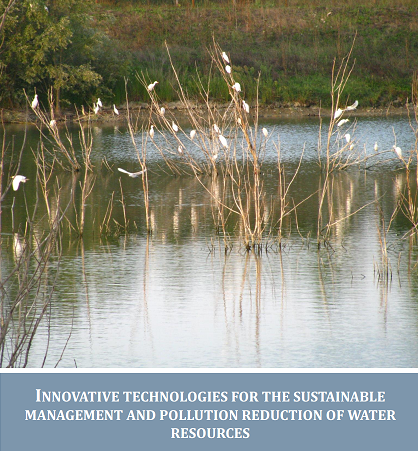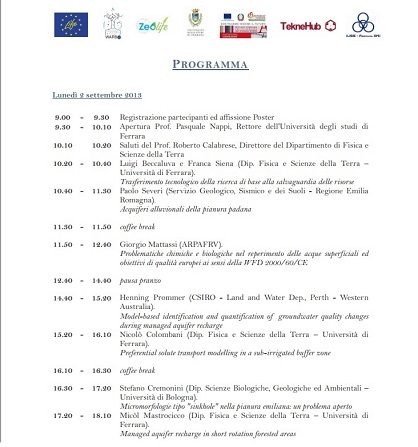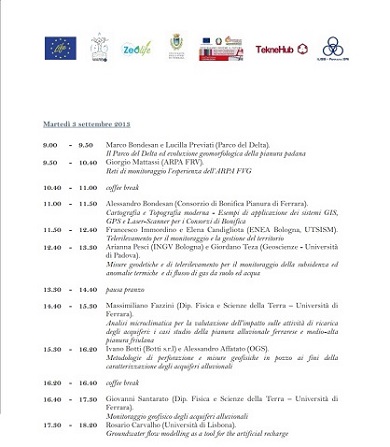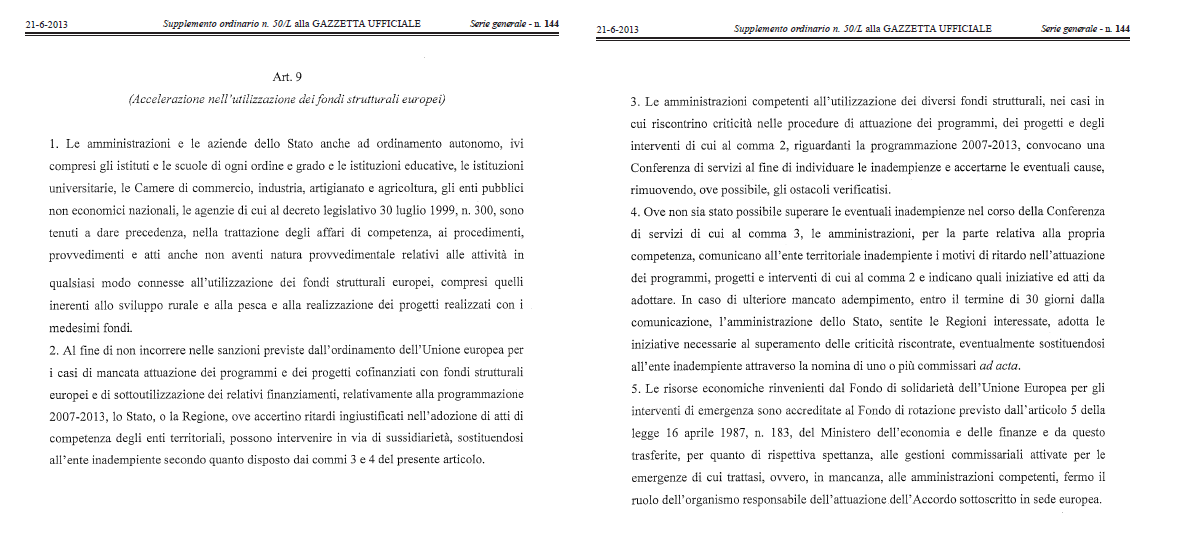This course will detail urban water services, focusing on basic drinking water and wastewater treatment technologies. Unit processes involved in the two treatment chains will be described as well as the physical, chemical and biological processes involved. There will be an emphasis on water quality and the functionality of each unit process within the treatment chain. After the course one should be able to recognise the process units, describe their function and make simple design calculations on water treatment plants (drinking and waste water). Overall the course will teach the role of treatment technologies in providing adequate water supply and effective sanitation which are essential for human society and the safeguarding of public and environmental health.
There is a global trend towards urbanisation with over 50% of humanity currently residing in urban areas. Water is invariably linked to urban functionality, as industrial, domestic and agricultural use. Essential services such as drinking water supply, sanitation and wastewater treatment to protect surface water and groundwater resources need to be present in such environment. The provision of these essential urban water services present real challenges in many parts of the world today.
Accessible fresh water resources suitable for drinking water and other ecosystem services is approximated to be 200,000 km3, approximately 0.3% of the total freshwater resources and less than 0.01% of the total water on earth. These accessible freshwater resources are not equally distributed and many countries today are experiencing water scarcity which in turn affects community health and in many places water scarcity is the inhibiting factor for economic growth. This highlights the importance of conserving and protecting the accessible freshwater resources, through the implementation of adequate treatment technologies combined with a robust infrastructure. Through utilising relevant treatment technologies to upgrade water to a quality suitable for subsequent use or discharge with more and more stringent effluent demands, the urban water chain has the possibility to transform to an urban water cycle and improve interactions within the greater hydrological cycle.
Before your course starts, try the new edX Demo where you can explore the fun, interactive learning environment and virtual labs. Learn more.

What is the grading policy for this course?
Your final grade will be determined by the average of your mark achieved in the two exams scheduled in week 5 and week 10 of the course (50% for the intermediate drinking water exam and 50% for the intermediate wastewater treatment exam). The exact logistics as well as the cutoff for receiving a certificate of accomplishment will be announced in the first week.
What is the estimated effort for course?
How much does it cost to take the course?
Nothing! The course is free.
Will the text of the lectures be available?
Yes. All of our lectures will have transcripts synced to the videos.
Do I need to watch the lectures live?
No. You can watch the lectures at your leisure.
Will certificates be awarded?
Yes. Online learners who achieve a passing grade in a course can earn a certificate of mastery. These certificates will indicate you have successfully completed the course, but will not include a specific grade. Certificates will be issued by edX under the name of DelftX, designating the institution from which the course originated.
Can I contact the Instructor or Teaching Assistants?
Yes, but not directly. The discussion forums are the appropriate venue for questions about the course. The instructors will monitor the discussion forums and try to respond to the most important questions; in many cases response from other students and peers will be adequate and faster.
Is this course related to a campus course of Delft University of Technology?
Yes. This course corresponds to the campus course CTB3365 – Introduction water treatment, a BSc course of the Faculty Civil Engineering and Geosciences.
Do I need a textbook for this class?
The book (chapters) and/ or lecture notes are included.
This course is licensed under a Creative Commons license CC-BY-NC-SA






